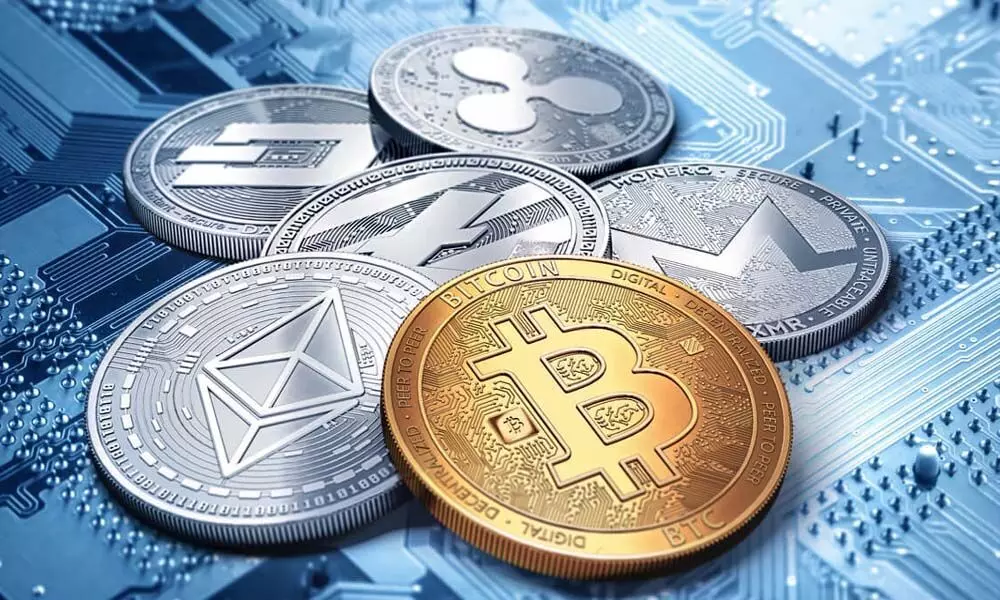Digital rupee may soon be a reality; is India ready for it?
image for illustrative purpose

Digital currency may not be of any use for small value transactions. Still, it may be of great help for large value payments in the country. Moreover, CBDC may also play a key role in faster cross-border payment system and even promoting financial inclusion.
The RBI's Deputy Governor T Rabi Shankar surprised everyone when he disclosed during his recent address that RBI was working on development of Central Bank Digital Currency. A CBDC is the legal tender issued by a central bank in a digital form. It is the same as a fiat currency and is exchangeable one-to-one with the fiat currency. Only its form is different.
Now, there lies a pertinent question. In a country where cash continues to be a preferred mode of payment, for small value transactions maybe up to Rs500 or so in particular, what will be the relevance of launching such a virtual currency? To the extent the preference for cash represents a discomfort for digital modes of payments. CBDC is unlikely to replace such cash usage. But preference for cash for its anonymity, for instance, can be redirected to acceptance of CBDC, as long as anonymity is assured. Secondly, the digital currency is the most preferred way of transaction when it comes to high value transactions in non-fungible tokens (NFTs) which are the in-things.
The advent of private virtual currencies (VCs) like Bitcoin may well be another reason why CBDCs might become necessary. It is not clear what specific need is met by these private VCs that official money can't meet as efficiently, but that may in itself not come in the way of their adoption. It could also protect the public from the abnormal level of volatility some of these VCs experience. Of late, crypto market has broken down almost 50 per cent from its peak of $64,700.
Flight of deposits can be much faster compared to cash withdrawal in case of CBDC, which poses yet another challenge before the digital currency.
Whatever challenges may be in the way of introduction of Digital Rupee in the country, it is going to be the need of the hour in several aspects. First, it would constitute a government-guaranteed means of payment without credit risk and be available for the general public in digital form.
This type of Digital Rupee could be regarded as a modernisation of the RBI's means of payment. It could also function as a complement to the existing payment solutions currently offered in the private sector, which may possibly benefit competition in the payment market.
However, one can only deliberate about such possible opportunities, which needs to be investigated further.
The preceding sections indicates that CBDC issuance is a complex issue, says a working paper prepared by Vidhi Centre for Legal Policy, which calls for an in-depth research. Ultimately, the decision to issue a CBDC must be based on a socio-economic cost benefit analysis, with specific emphasis on the impact of such a development on financial stability and monetary policy.

